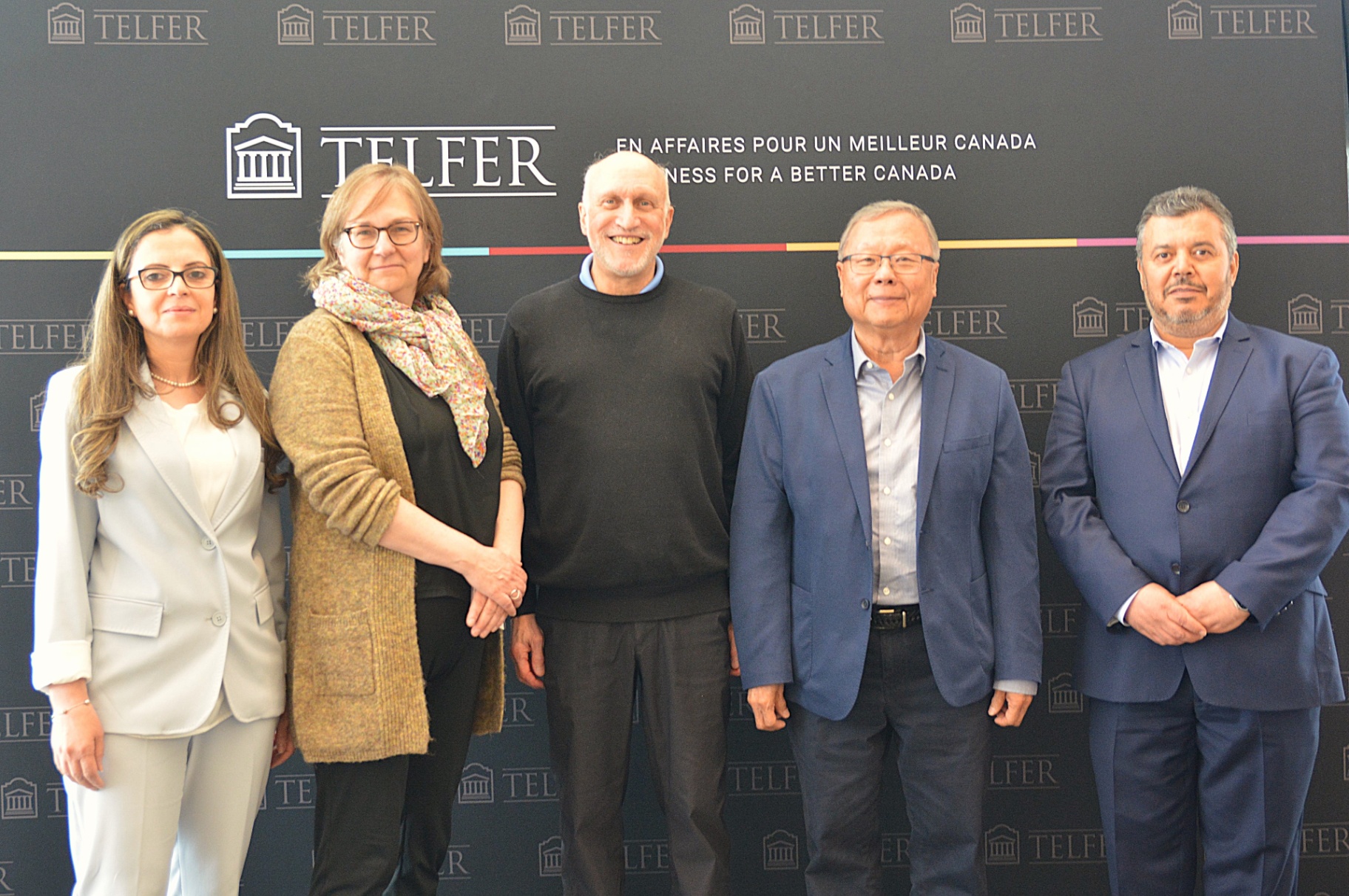Hong Qiu joined the Telfer PhD in Management program in 2016. She completed her master’s in public administration at Dalhousie University in 2007 and then worked as an analyst for the federal government for almost a decade. She is supervised by Drs. Mark Freel and Samia Chreim in the Entrepreneurship specialization. We interviewed her to learn more about her research on conflict management in the innovation process.
Why did you choose to study entrepreneurship? Any personal motivation behind your interest?
I chose the stream of entrepreneurship because I want to explore how public organizations can become more innovative. As a public servant, I have seen many challenges in bringing changes to public organizations, such as competing interests among stakeholders, and I would like to help build a more agile and innovative public service.
What is your research about and what will it contribute to academic literature?
My thesis explores how organizations manage tensions and conflicts such as control versus resistance and competing interests, especially in the context of innovation.
My first project was about managing conflicts in family businesses, an area that offers lots of insights for conflict management from the private sector. The fact that a family business must balance both family and business interests resembles the situation faced by public organizations that have an obligation to create public value for a wide range of stakeholders who have varying interests.
Tell us about an article you’ve recently published.
I recently published a literature review, “Managing Family-Related Conflicts in Family Businesses: A Review and Research Agenda,” in Family Business Review. This review introduces a new framework to analyze patterns of conflict management strategies in family businesses.
The study shows that the prevalence of relationship conflicts and the relatively high emotional bonding in the family likely contribute to the popular use of separation and third-party intervention as conflict management strategies. This paper promotes a process-based view of conflict dynamics because the long-term orientation of family businesses demands researchers look beyond the one-time settlement of family-related conflicts.
What impact could your research have on businesses in Canada?
I hope my research will change people’s negative stereotypes about tensions and conflicts. In an innovation context, tensions between the “old” and the “new” values, interests and structures can become a constructive driving force to move innovations forward, if managed properly.
My research will also show the benefits and limitations of different tension management strategies, and this can be helpful for innovators. For example, at the beginning of an innovation process, ignoring or circumventing existing rules can effectively activate tensions from a latent state, and this is the first step in addressing tensions collaboratively.




-zhang.png)







